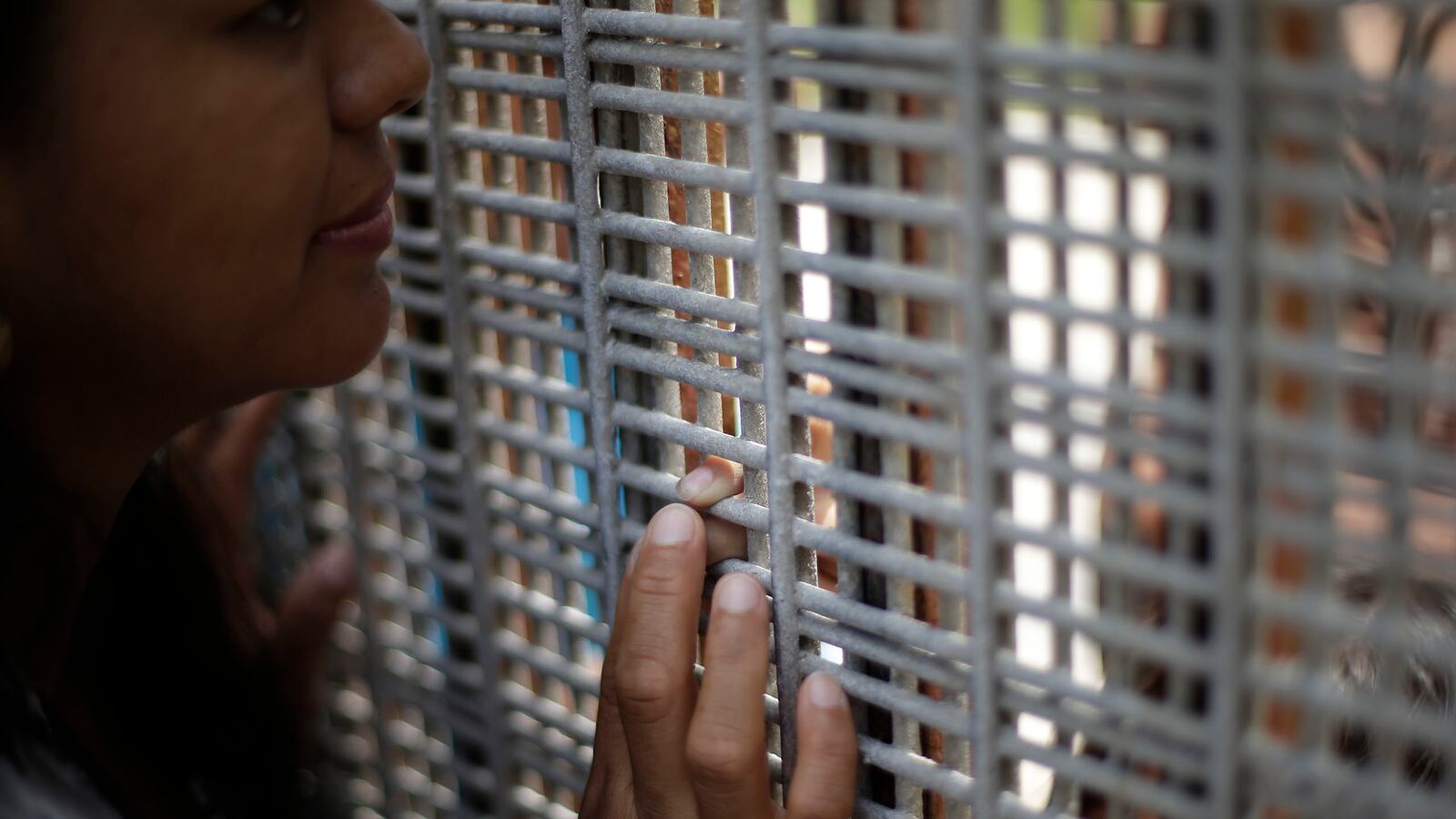It can be embarrassing to admit just how much our political system has in common with the fashion industry, but let’s allow that there is at least one glaring similarity. Just like fashion trends, a policy issue can be in one minute, out by the next election cycle, only to come back when media coverage makes it hot again.
Immigration reform—the issue that was dubbed politically DOA thanks in part to Rep. Eric Cantor’s stunning primary upset—is now hot, thanks to the current child immigrant crisis. Liberals here now have a chance to gain the upper hand in terms of messaging, just in time for midterm elections. But only if they don’t blow it, which many of them seem determined to do.
Unlike other issues, such as those involving reproductive rights, immigration is not something that has enjoyed universal support among Democrats and Democratic-leaning demographic groups. A 2006 analysis by Gallup, for example, found that blacks were far more likely to oppose immigration than other racial groups.
But Gallup also found that Americans’ attitudes about immigration grew more positive in the last decade regardless of race. For instance, in 2002, only 46 percent of blacks polled labeled immigration a “good thing” for the country. By last year that number climbed to 70 percent. In 2002, 51 percent of whites labeled it a “good thing.” Last year the number stood at 71 percent.
So what explains the shift? Well, some of it is purely a numbers game. Asian Americans are currently the fastest-growing ethnic group in America, with much of their U.S. population growth fueled by immigration. Hispanics, meanwhile, are now America’s second-largest ethnic group behind white Americans. This means the likelihood of Americans coming into contact with an immigrant or someone who has immigrant relatives is higher today than it once was. If you have a good experience with that person, then it is less likely you will label immigration a “bad thing” in a poll.
But something else has shifted in recent years, namely the media narrative around immigration. The narrative that dominated coverage of the issue for years involved the negative impact of illegal immigrants on the American economy. A 2011 New York Times article, for example, profiled an illegal immigrant and her three children, all of whom were on government assistance.
Though the numbers from conflicting political and advocacy groups have varied wildly, according to FactCheck.org the lowest credible estimate for the cost of immigrants here illegally is over a billion dollars a year. As I have previously written, considering the myriad of problems our country has yet to address for the citizens already living here, it is not surprising that plenty of Americans view newcomers as a “bad thing.”
But in the last three years the face of immigration, particularly illegal immigration, has begun to change. A big part of that is thanks to my friend Jose Antonio Vargas, the Pulitzer Prize-winning journalist who revealed in 2011 that he had been brought here illegally as a child.
Vargas countered every stereotype about illegal immigrants. A smart, hardworking, taxpaying overachiever who never had so much as a speeding ticket and did not knowingly break the law to come here, he helped give a voice to Americans who had been brought here illegally as children. And Vargas not only shifted the conversation nationally, but with my own family in Texas, where illegal immigration is the defining political issue.
Vargas made a compelling case. He has paid taxes, contributed to this country, and has no cultural ties to the country of his origin. So why shouldn’t he and the others brought here as children, nicknamed “Dreamers,” be allowed to remain in America?
Polls began to note a shift in attitudes. While a 2010 Gallup poll found that 54 percent of Americans supported passage of the DREAM Act, which would allow permanent residency for “Dreamers,” a 2012 Bloomberg poll found that 64 percent of Americans supported halting their deportation.
While Vargas probably doesn’t deserve full credit for the shift, his story has certainly generated more positive coverage for those here illegally than anything else in recent memory. His documentary on his journey, Documented, resulted in a number of Americans saying on Twitter that they had changed their minds on immigration reform.
But now with the current child border crisis, those who were moved by Vargas’ story, and subsequently softened their position on illegal immigration in good faith, are being asked to bend further by welcoming thousands of more illegal immigrants. And these immigrants will not be able to contribute to the economy as Vargas has, and may already be costing taxpayers close to 2 billion dollars.
I have already heard from some who have shifted their position on Dreamers thanks to Vargas. But these people are still outraged that they, and their states, are being asked to take responsibility for the thousands of children who have flooded U.S. borders in recent months. The message I have heard can best be summarized in one word: “Enough.”
If progressives really care about seeing comprehensive immigration reform become a reality anytime soon then they need to support President Obama’s plans to deport these immigrant children. If they don’t, then the public is unlikely to continue standing with them in the immigration fight.





